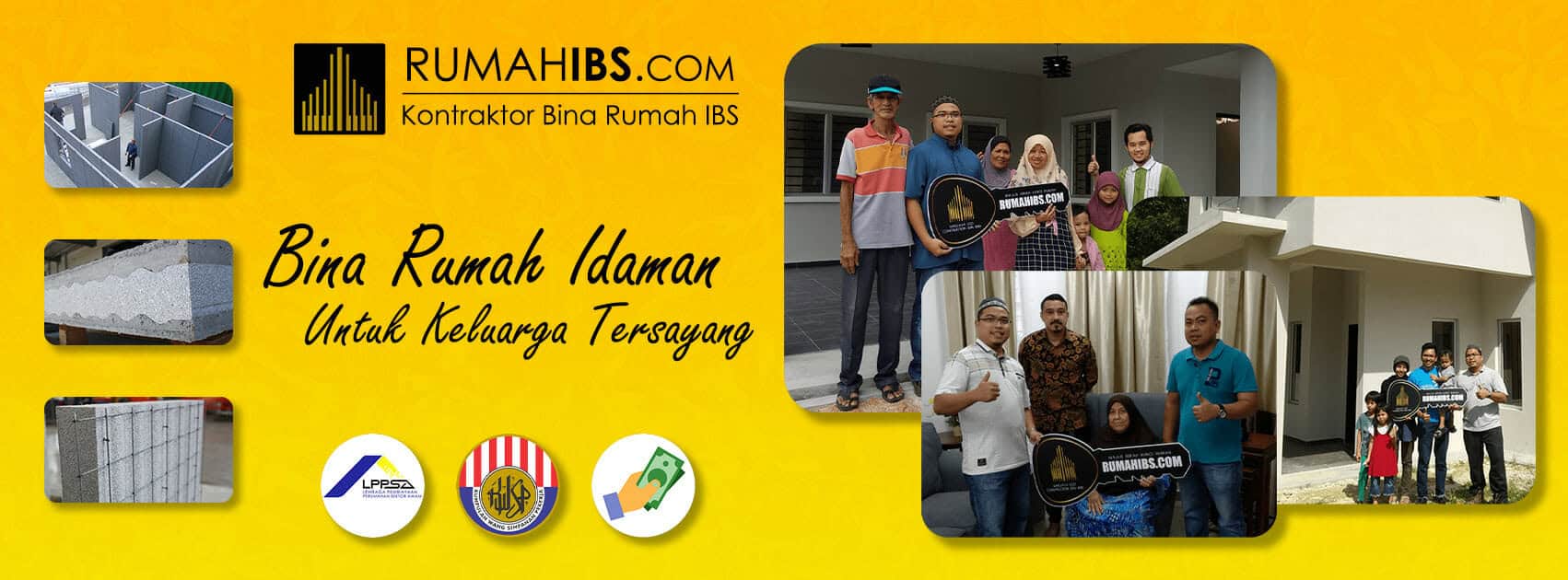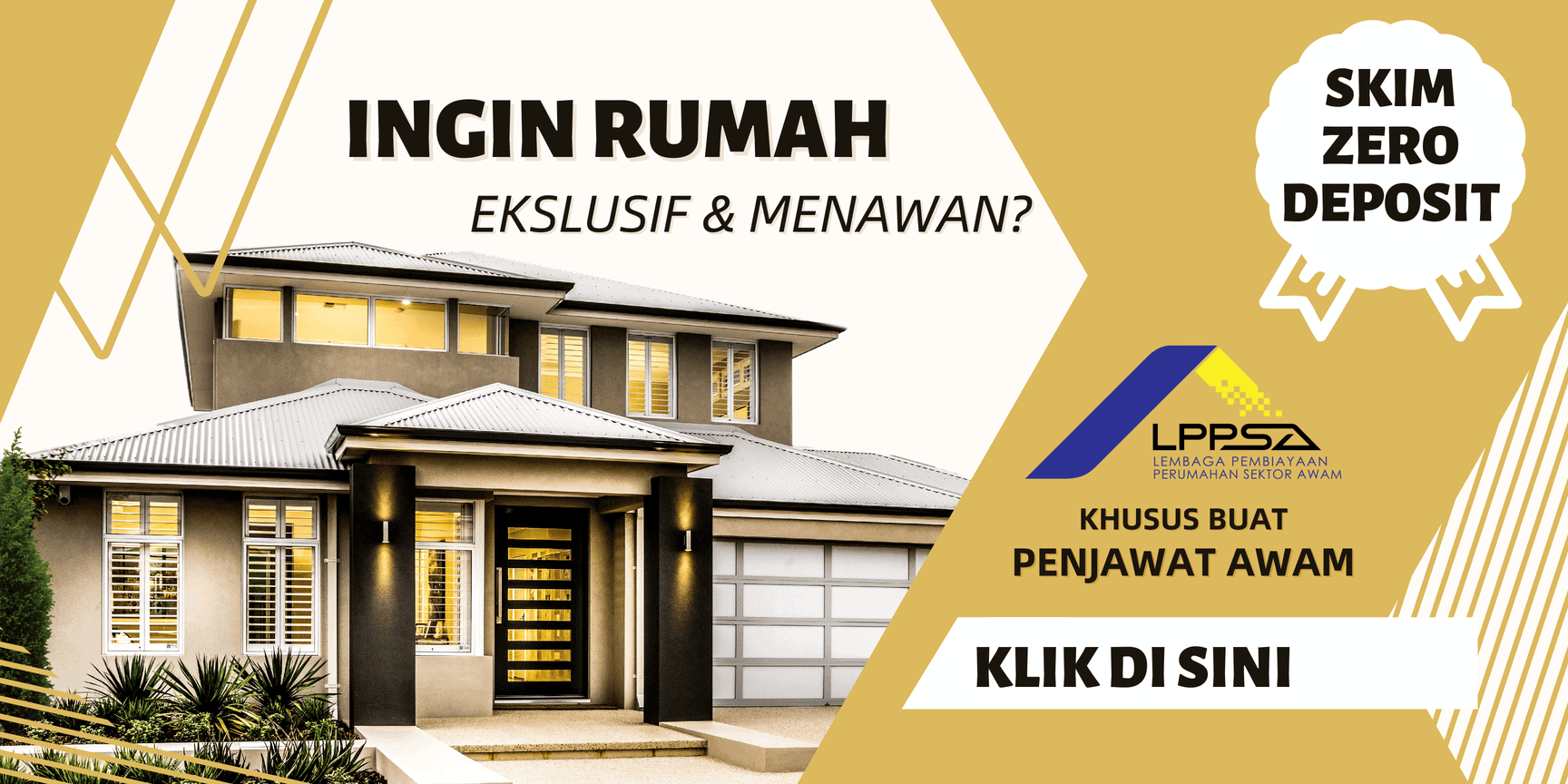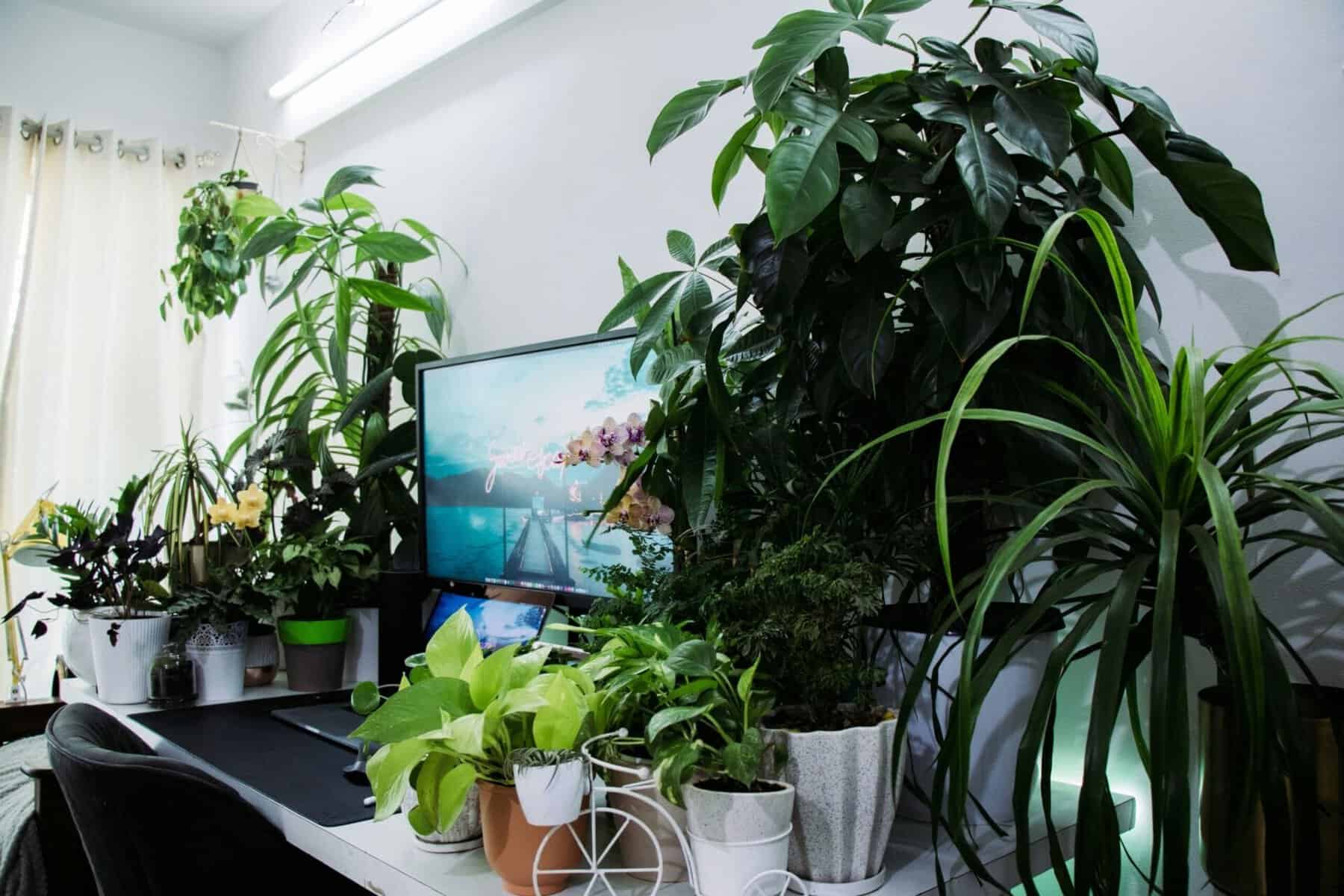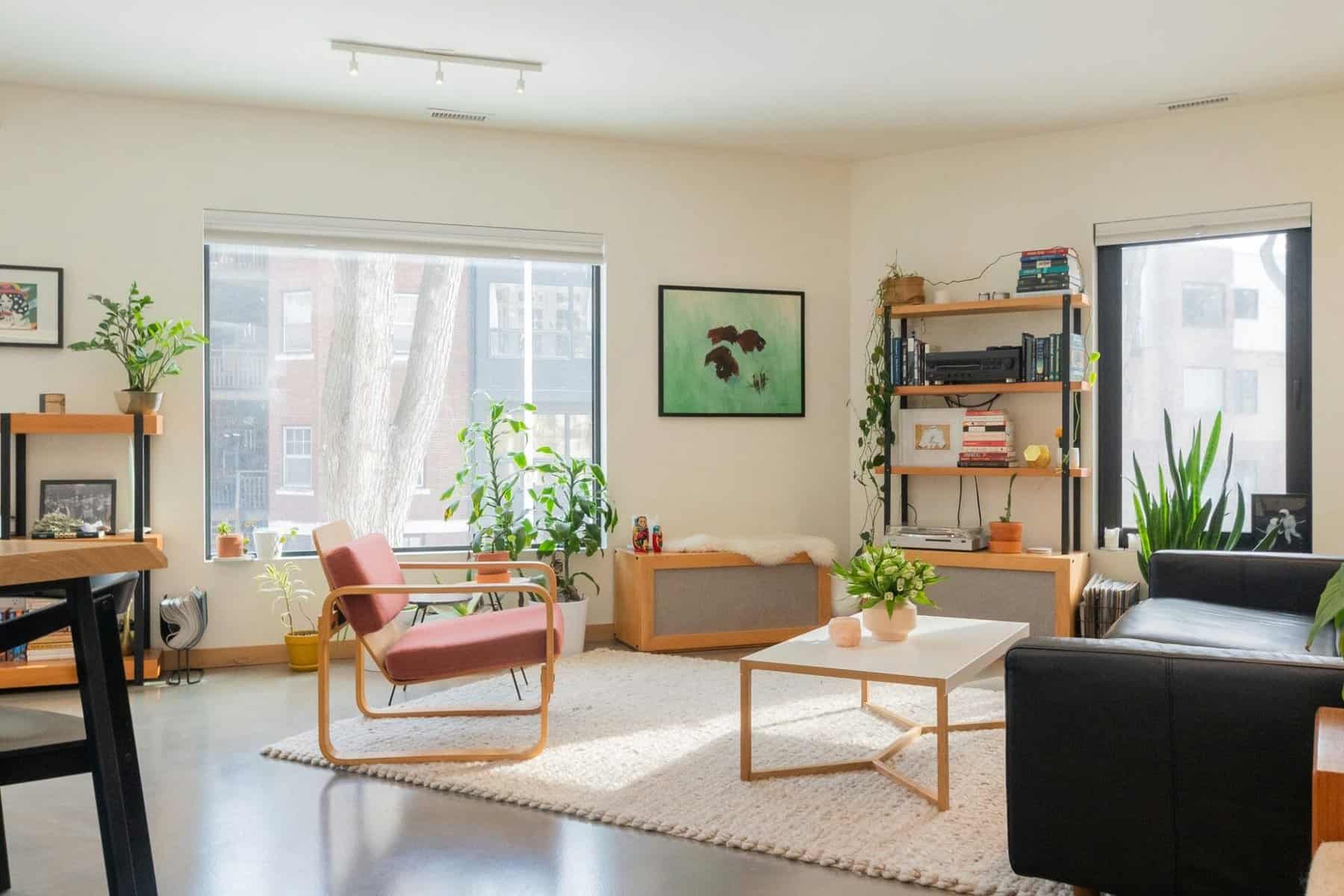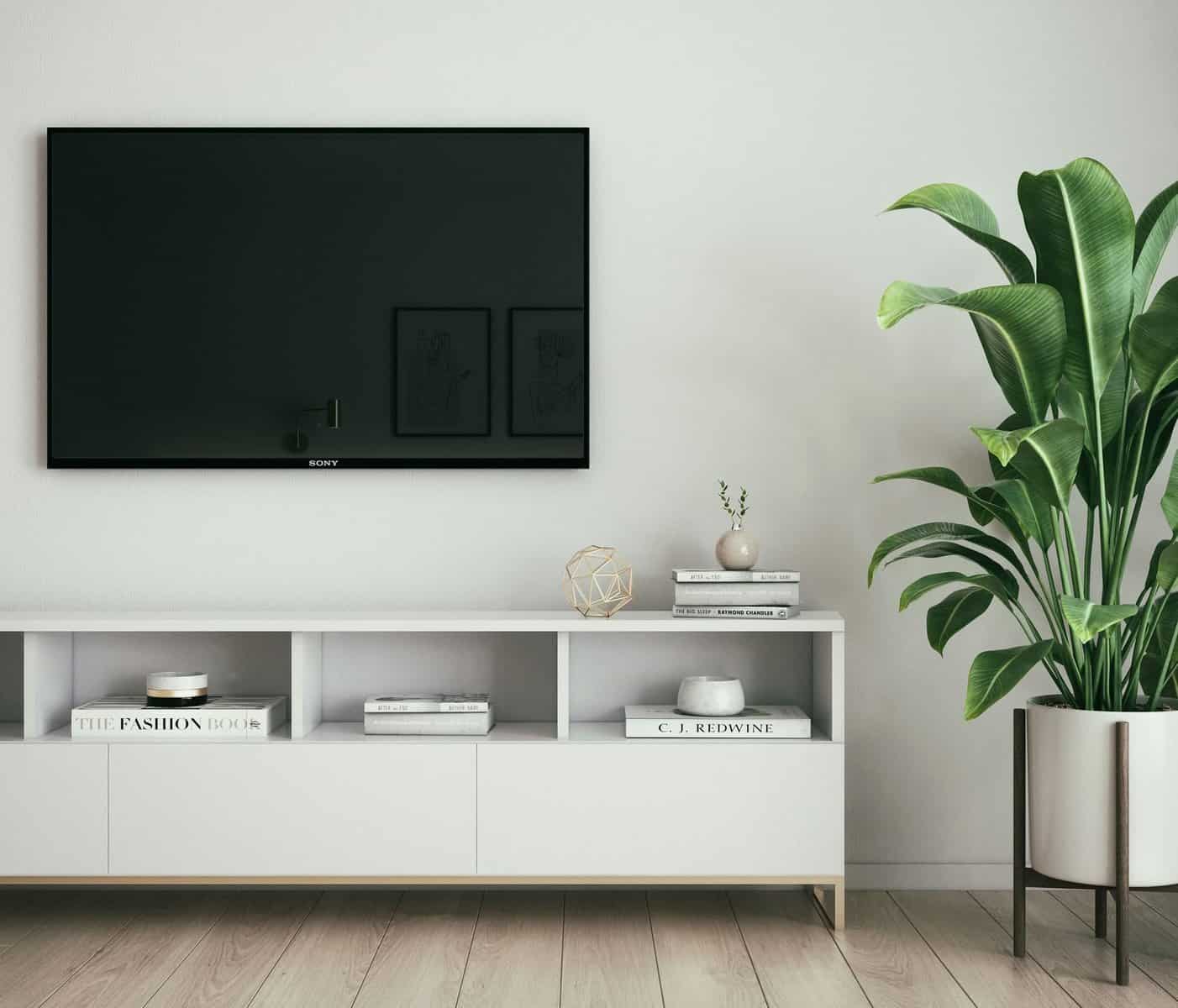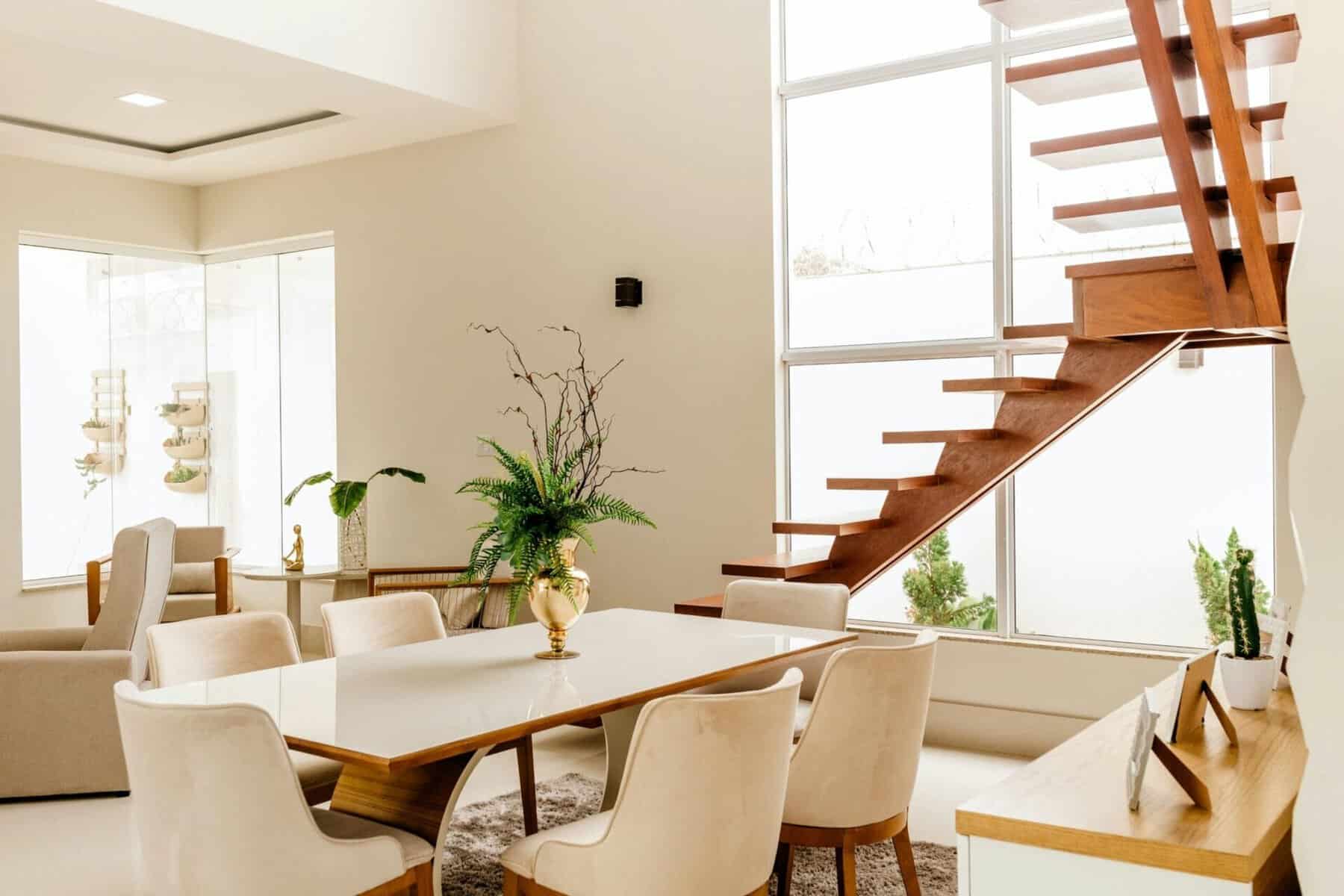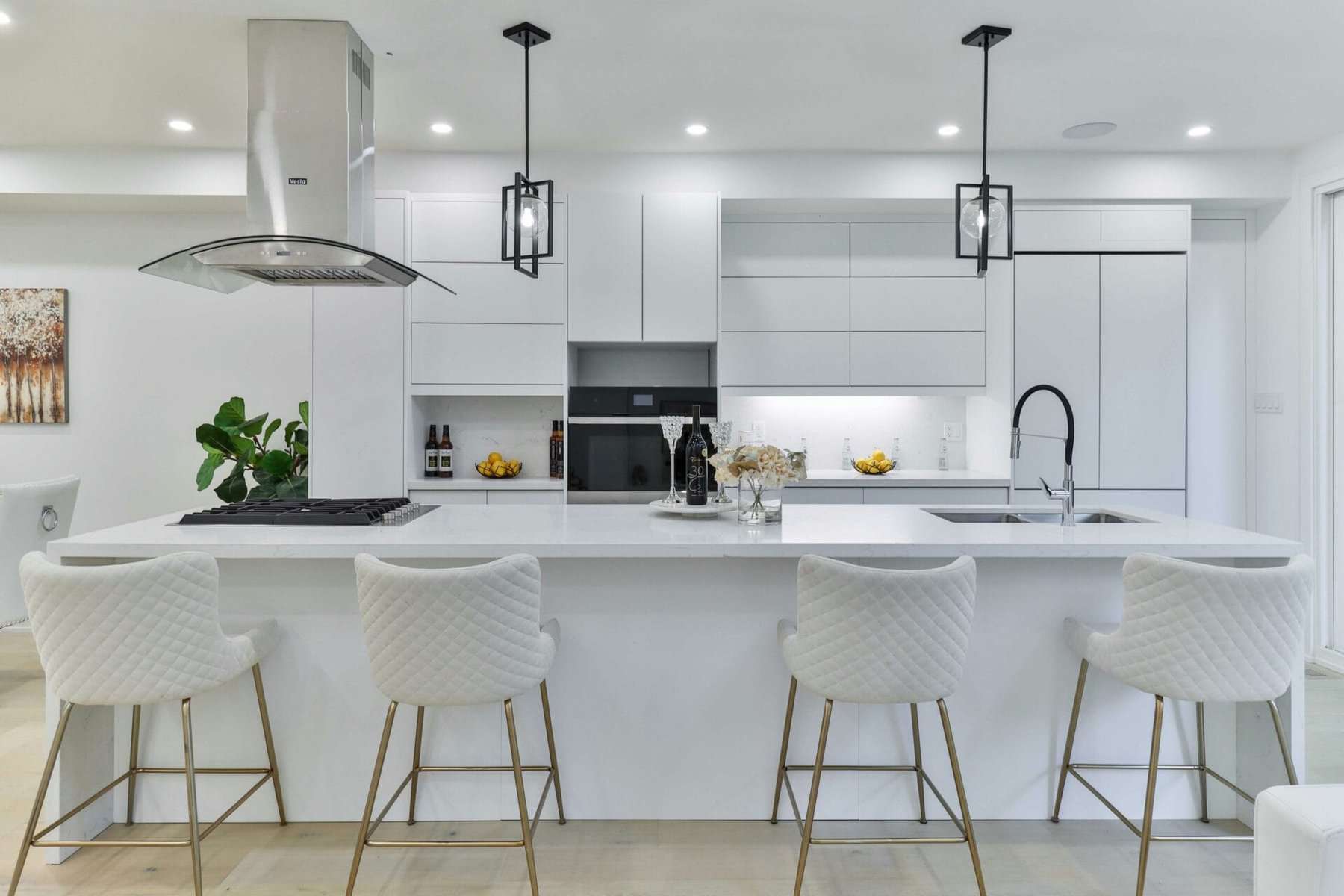- Bina Rumah Batu-Bata
- Zero Deposit
- Spesifikasi Rumah
- Lokasi Projek
- Pembiayaan LPPSA
- Garis Panduan LPPSA (Rasmi)
- Soalan Lazim LPPSA
- E-Book LPPSA (Download)
- 1. Apa itu LPPSA?
- 2. Kelebihan LPPSA
- 3. Syarat Kelayakan
- 4. Jenis-Jenis Pembiayaan
- Jenis 1 – Pembelian Rumah Kediaman Yang Telah Siap
- Jenis 2 – Membina Rumah Di Atas Tanah Sendiri
- Jenis 3 – Membeli Rumah Kediaman Yang Sedang Dibina
- Jenis 4 – Pembelian Tanah Bagi Pembinaan Rumah
- Jenis 5 – Melunaskan Keseluruhan/ Sebahagian Pinjaman Sedia Ada Daripada Bank/ Institusi Kewangan
- Jenis 6 – Pembinaan Rumah Kediaman Di Atas Tanah Yang Sedang Dibiayai Oleh BPP/ LPPSA
- Jenis 7 – Ubah Suai Rumah Yang Sedang Atau Telah Selesai Bayar Melalui LPPSA
- 5. Semak Kelayakan LPPSA
- 6. Dokumen Yang Diperlukan
- 7. Insurans/ Takaful LPPSA
- 8. Kos Yuran Guaman
- 9. BONUS: Bina Rumah
- Pembiayaan Koperasi
- Pengeluaran KWSP
- Bayaran Tunai
- Kalkulator
10 Popular Questions about Cost of Building a House in Malaysia

10 Popular Questions about Cost of Building a House in Malaysia
- What is the average cost to build a house in Malaysia?
- What factors affect the cost of building a house in Malaysia?
- How much does it cost per square foot to build a house in Malaysia?
- Is it cheaper to buy or build a house in Malaysia?
- What is the cost breakdown for building a house in Malaysia?
- How can I reduce the cost of building a house in Malaysia?
- What is the cost of building materials in Malaysia?
- How long does it take to build a house in Malaysia?
- What are the financing options available for building a house in Malaysia?
- How do I find a reliable contractor to build my house in Malaysia?
What is the average cost to build a house in Malaysia?
The average cost to build a house in Malaysia can vary greatly depending on factors such as location, size of the house, types of materials used, and additional amenities. However, most industry experts estimate the average cost to be between RM200 to RM500 per square foot.
This means that for a moderately sized terrace house of 1,600 square feet, you can expect to pay RM320,000 to RM800,000. For a semi-detached house of 2,000 square feet, the cost would be RM400,000 to RM1,000,000. The cost is higher for bungalows, townhouses, and luxury homes.
Here is a breakdown of the typical costs to build common house types in Malaysia:
- Terrace house (1,600 sq ft) – RM320,000 to RM800,000
- Semi-detached house (2,000 sq ft) – RM400,000 to RM1,000,000
- Bungalow (3,000 sq ft) – RM600,000 to RM1,500,000
- Townhouse (2,500 sq ft) – RM500,000 to RM1,250,000
- Luxury bungalow (5,000+ sq ft) – RM1 million to RM5 million+
The cost per square foot in key city centres like Kuala Lumpur and Penang is often on the higher end of the range due to prime locations and higher land values. Suburban areas and small towns will be on the lower end.
Some main factors that influence the construction cost in Malaysia:
- Location – Land in major cities and developed areas costs more
- Size of the house – Larger homes cost more to build
- Types of materials – Premium materials like marble and imported tiles add to cost
- Finishes and fittings – Luxury fittings and branding increase costs
- Additional amenities – Pools, landscaping, home automation systems add cost
- Labour costs – Higher demand for workers can increase labour costs
- Logistics – Remoteness and access to materials affects transport costs
Understanding these cost factors allow you to make an informed budget when planning your dream home. You can also save on costs by designing a practical layout, minimalist aesthetics, and using local materials.
What factors affect the cost of building a house in Malaysia?
There are several key factors that influence the cost of building a house in Malaysia:
Location
The location of the land is one of the biggest cost determinants. Land prices are significantly higher in major city centres like Kuala Lumpur, Penang, and Johor Bahru compared to the outskirts and suburban areas. Prime locations also command higher premiums. This means construction cost per square foot can be RM50 to RM100 more just based on the location.
Land area
The size of your land will affect the total construction cost. Larger land areas allow bigger home designs but also mean higher foundation and infrastructure costs. Limited land area in prime locations means building upwards for multi-storey homes.
Building size
The size of your home measured by square footage is directly proportional to the overall building cost. A simple 2 bedroom 800 sq ft terrace will cost much less than a 5,000 sq ft luxury bungalow. Building larger spaces, rooms, and multiple floors adds to material and labour costs.
Construction materials
Using premium materials like granite, marble, or imported tiles and fittings will elevate the cost compared to locally sourced materials. Timber, brick and concrete structures are cheaper than steel and glass. The finishing and fittings chosen also affect cost.
Labour costs
Local construction labour in Malaysia is still considered affordable but shortage of workers in recent years has led to some increase in labour costs. Foreign labour import also adds to cost. Highly skilled craftsmen charge premium rates.
Permits and compliance
Navigating regulations, getting approvals and permits before construction adds to administrative fees. Compliance with building standards and requirements also add to costs. Environmental impact assessments may be required too.
Logistics
For remote areas, transportation of construction materials can increase building costs. Locations far from supplies of sand, stone, wood etc can mean higher logistics expenses to transport raw materials.
Additional structures
Adding features like a swimming pool, landscape gardens, electrical fencing and surveillance systems will all increase the construction budget. Luxury fixtures, smart home systems and high-end branding elements also raise costs.
Contingencies
Having a 10-20% contingency budget for cost overruns due to unforeseen events or spikes in material costs is recommended. Weather delays, planning changes and poor estimation can be covered by the contingency funds.
Construction company
The reputation, experience, overhead costs and profit margins of your chosen construction company influence pricing. Get multiple quotes to find the best value. New contractors may offer cheaper pricing compared to established firms.
By understanding the key cost drivers, you can make adjustments to create a home construction budget that balances your lifestyle needs with financial resources.
How much does it cost per square foot to build a house in Malaysia?
When budgeting to build a house in Malaysia, a useful benchmark to know is the typical cost per square foot of construction. This provides an average estimate that you can use for initial planning and calculating the overall budget needed.
The typical cost per square foot for building a house in Malaysia ranges between RM200 to RM500.
However, this cost per square foot varies significantly based on these factors:
- Location of the land
- Type and size of the house
- Quality of materials and fittings
- Additional structures and amenities
- Labour costs
- Logistics and accessibility
Here is a breakdown of the typical cost per square foot to build different types of homes:
- Terrace house – RM250 to RM350 per sq ft
- Semi-detached house – RM300 to RM400 per sq ft
- Bungalow – RM350 to RM650 per sq ft
- Townhouse – RM400 to RM500 per sq ft
- High-end bungalow – RM550 to RM1,200+ per sq ft
Key Locations and Average Cost per Square Foot
- Kuala Lumpur – RM380 to RM650 per sq ft
- Penang Island – RM350 to RM600 per sq ft
- Johor Bahru – RM250 to RM480 per sq ft
- Selangor – RM200 to RM450 per sq ft
- Melaka – RM200 to RM400 per sq ft
- Sabah & Sarawak – RM180 to RM350 per sq ft
As you can see, property in Kuala Lumpur and Penang Island commands a much higher cost per square foot compared to other regions of Malaysia. Luxe bungalows and mansions may even breach RM1,000 psf in prime KL addresses.
If your land is in an isolated rural area away from amenities, you could build at RM180 to RM250 psf or lower. A basic steel industrial building would only cost RM120 to RM150 psf on average.
Factors that increase the cost per square foot:
- Prime locations like city centres
- Luxury materials like marble, glass, timber
- Building larger homes with more floors
- Swimming pools, landscape gardens
- High-end smart home systems
- Guardhouses and fencing
Factors that decrease the cost per square foot:
- Outlying suburbs and small towns
- Concrete, brick and locally sourced materials
- Compact and practical layouts
- Basic fittings and minimalist aesthetics
- No swimming pool or gardens
- Semi-furnished units with DIY finishing
The cost per square foot rate gives a quick benchmark, but the total budget will depend on the size and design of your actual home. Prepare for this budget to also increase by 10-20% for contingencies, changes and delays during the construction phase.
Is it cheaper to buy or build a house in Malaysia?
For new homeowners in Malaysia, a common question is whether it is cheaper in the long run to buy an existing house or to build a new one. There are pros and cons to each option in terms of upfront costs, long term costs, customization, and intangible value. Here is an overview of the key considerations when deciding whether to buy or build.
Upfront Costs
Building a new house often requires higher upfront costs but with the advantage of customization. Based on current property prices, building a 2,000 sq ft terrace or semi-D costs RM400k to RM1mil. An equivalent completed home would cost RM600k to RM1.5mil. However, buyers may get better loan rates and payment packages when buying completed stock.
Customization
Building gives full customization over design, layout, fittings, materials, landscaping etc. Buying means compromising on some preferences or doing major renovation. However, buying may allow moving in faster without the hassles of construction.
Future Costs
Building allows installing higher quality materials, fixtures and systems that require less maintenance over time. Buying an older property may require heavy future costs for repairs and upgrades. But building requires paying interest on larger loan amounts.
Capital Appreciation
Well-built newer properties on ideal locations tend to see higher capital appreciation over time. But overly customized homes may appeal to a smaller target market when reselling. Landed property generally holds value well if maintained properly.
Intangibles
Some homeowners prefer the satisfaction and legacy value of building their dream home from scratch. But the time, complexities and delays of construction may deter others from building.
Key Factors Favoring Buying
- Completed properties allow faster occupancy
- Requires smaller loan amount at potentially lower rate
- Avoids hassles and delays of construction
- May find better bargains during weak property markets
Key Factors Favoring Building
- Full customization of design and fittings
- Potentially higher quality materials and fixtures
- Lower maintenance costs over the long term
- Higher future capital appreciation
Overall, building a house allows ultimate flexibility and quality control but requires more upfront capital and a 1 to 2 year construction timeline. Buying a completed property provides faster occupancy and potentially cheaper financing but less customization. Assess your priorities, budget, location needs and lifestyle to decide between buying or building in Malaysia.
What is the cost breakdown for building a house in Malaysia?
When budgeting to build a house in Malaysia, it is helpful to know the typical percentage breakdown of the major construction cost components. This allows you to allocate sufficient funds to each important category and avoid budget overruns later.
Here is an overview of the typical cost breakdown to build a 2-storey terrace house:
| Item | Percent of Total Cost |
|---|---|
| 1. Land cost | 10-15% |
| 2. Professional fees | 5-8% |
- Architect fees
- Engineer fees
- Surveyor fees
- Legal fees 3. Construction & materials | 50-60%
- Foundation & structure
- Brickwork, plastering, tiling
- Carpentry, roofing, painting
- Plumbing, electrical wiring
- Doors, windows, sanitary fittings
- Wall, ceiling & floor finishes 4. Contingencies & variation | 10-15% 5. Authority approvals & permits | 1-2% 6. Interior fittings & furnishings | 5-10%
- Kitchen cabinets & appliances
- Bathroom fittings & accessories
- Light fixtures, fans, wardrobes
- Air-conditioners, security system
This breakdown can vary based on the size and type of home, level of fittings, cost of materials and location.
For a basic terrace house below RM500k, the construction cost may be 50-55% of total. For a high-end bungalow above RM2 million, the percentage for fittings and finishing may be 15-20%.
Let’s see how this cost breakdown applies to a real-world example:
2-Storey Semi-detached House
- Built up size: 2,400 sq ft
- Location: Selangor
- Cost per sq ft: RM300
- Total budget: RM720,000 (2400 sq ft x RM300)
Cost Breakdown
- Land (15%) = RM108,000
- Professional fees (7%) = RM50,400
- Construction & materials (55%) = RM396,000
- Contingencies (12%) = RM86,400
- Authority approvals (1%) = RM7,200
- Fittings & furnishings (10%) = RM72,000
Having a budget allocation for each major component allows you to plan, manage cashflows, and track spending more effectively during the construction journey. Adjust the percentages according to your specific home design, location, and quality of materials chosen.
How can I reduce the cost of building a house in Malaysia?
Building a house in Malaysia can be very costly, with the average price ranging from RM200 to RM500 per square foot depending on location and specifications. However, there are ways to reduce your construction budget through smart design and material choices.
Here are some tips to build a house in Malaysia at a lower cost:
Pick an affordable location
Land prices can vary greatly depending on proximity to major cities and developed areas. Opting for land in outer suburbs or small towns can immediately reduce your base cost compared to prime locations. However, factor in future convenience and amenities nearby.
Reduce overall size
Build a more compact home with open layouts that minimise corridors and partition walls. For example, combining the dining and living areas creates efficiency. Go for single-storey or small two-storey designs to reduce building footprint.
Use local construction materials
Imported materials like high-end tiles and fittings can be very costly. Using bricks, ready-mix concrete and locally sourced wood and stone help lower material expenses. Factory manufactured roofing, windows and precast elements are budget-friendly too.
Design simple, functional spaces
Avoid intricate architectural details and curved walls which require complex framing and finishing. Square or rectangular grids and layouts simplify the construction process and trim labour time. Focus on functionality over form.
Minimise basement levels
Excavation and waterproofing for basements can add substantially to structural costs. Avoid large basements and keep all spaces at ground level or above.
Standardise fittings
Opt for homogenous floor and wall tiles throughout the house rather than custom finishes in each space. Standardise door frames, sanitary fittings, lighting fixtures etc for bulk purchase discounts.
Install insulation features
Strategically place insulation, reflective paints and double-glazed windows to improve indoor temperature regulation. This reduces the need for extensive air-conditioning which cuts electrical costs.
Build in phases
For very large homes, build the basic structure first. Leave the finishing touches like bathrooms, kitchen, cabinetry etc to be done later in stages. This spreads cash outflow over time.
Act as project manager
Closely overseeing the construction progress lets you sometimes spot excessive material usage or man hours. Avoiding wastage optimises your building budget.
With prudent design considerations and material choices, building costs in Malaysia can be contained without compromising on safety and aesthetics. Strike a balance between needs and affordability.
What is the cost of building materials in Malaysia?
The cost of building materials is a major component that affects the total budget for house construction in Malaysia. Material costs would typically account for 50-60% of the total cost to build a residential property, depending on specifications.
Here is an overview of prevailing prices for key building materials in Malaysia:
1. Cement
- White cement – RM20 to RM25 per 50kg bag
- Ordinary Portland cement – RM17 to RM19 per 50kg bag
2. Ready Mix Concrete
- Normal mix – RM240 to RM280 per cubic meter
- High strength mix – RM320 to RM360 per cubic meter
3. Reinforcing Steel Bars
- 10mm deformed bars – RM2,200 to RM2,800 per tonne
- 12mm to 25mm deformed bars – RM2,400 to RM3,000 per tonne
4. Bricks
- Common clay bricks – RM320 to RM420 per 1,000 bricks
- Concrete bricks – RM360 to RM500 per 1,000 bricks
5. Sand
- River sand – RM50 to RM80 per tonne
- Sea sand – RM70 to RM120 per tonne
6. Aggregates
- Coarse aggregates (20mm) – RM28 to RM38 per tonne
- Fine aggregates (5mm) – RM32 to RM42 per tonne
7. Steel Bar Cutting & Bending
- Labour charge
8. Granite
- Locally sourced – RM180 to RM250 per square meter
- Imported – RM240 to RM600 per square meter
9. Marble
- Local marble – RM100 to RM180 per square meter
- Imported Italian marble – RM420 to RM1,200 per square meter
10. Timber
- Meranti wood – RM3,200 to RM4,500 per cubic meter
- Cengal wood – RM7,000 to RM12,000 per cubic meter
11. Roofing Materials
- Metal roofing sheets – RM25 to RM40 per square meter
- Clay roof tiles – RM600 to RM1,200 per square meter
- Concrete roof tiles – RM25 to RM50 per piece
12. Doors and Windows
- PVC or UPVC – RM450 to RM650 per square meter
- aluminium – RM650 to RM1,000 per square meter
- Wood – RM800 to RM1,500 per square meter
13. Sanitary Fittings
- Toilet bowl – RM150 to RM600
- Sink – RM80 to RM350
- Basin mixer – RM50 to RM500
14. Electrical Wiring
- Cabling cost – RM3 to RM6 per meter
- Conduit piping – RM25 to RM40 per meter
- Switch boxes – RM10 to RM25 per point
The costs range depends on brand, quality, and source of the materials. Factory manufactured products like concrete roof tiles and PVC windows give lower per unit costs due to bulk discounts. Luxury fittings, prime grade granite and wood can also increase costs substantially. Obtain multiple quotations to get the best rates. Careful material planning is key to controlling overall budget.
How long does it take to build a house in Malaysia?
For home buyers planning to build a new house, an important consideration is the construction timeframe. On average, building a house in Malaysia takes 12 to 24 months from securing the land to receiving the Certificate of Completion and Compliance (CCC).
However, the total construction duration can vary considerably based on:
- Type and size of house
- Design complexity
- Procurement of approvals
- Contractor capacity
- Access and ground conditions
- Weather conditions
Here is an overview of the timeline to build common residential property types in Malaysia:
Simple single-storey terrace house
- 1,000 to 1,500 sq ft size
- 8 to 12 months construction time
Two-storey terrace house
- 1,600 to 2,500 sq ft
- 12 to 18 months construction time
Bungalow
- 2,000 to 4,000 sq ft
- 12 to 24 months construction time
Luxury bungalow
- 5,000 sq ft and above
- 18 to 36 months construction time
Condominium
- 700 to 1,500 sq ft unit
- 24 to 36 months construction time
The preparation works of surveying, geotechnical testing, design and approvals can take 6 to 12 months even before groundbreaking. Procurement and material delivery should be planned ahead to avoid delays mid-construction.
Standard construction phases include:
1. Earthworks and foundation – 2 to 4 months
2. Structural framework – 5 to 8 months
3. Architectural works – 6 to 12 months
4. M&E works – 2 to 4 months
5. Finishes and fit-outs – 1 to 3 months
6. Inspections and handover – 1 to 2 months
Delays sometimes happen due to poor weather, shortage of labour or materials, contractor problems or authority approval issues. Therefore, build in buffer time for contingencies when planning your completion date.
Understand that building a home requires careful coordination, quality workmanship and patience throughout an approximately 12 to 24 month process from start to finish.
What are the financing options available for building a house in Malaysia?
Building a house in Malaysia requires significant capital, with costs typically ranging from RM200,000 for a terrace home up to RM5 million or more for a luxury bungalow. Home buyers have several financing options to fund construction.
Personal Savings
Self-funding through personal savings is ideal but usually insufficient for full amount. Use savings for down payment and monthly instalments later.
Housing Loan / Mortgage
Banks provide housing loans up to 90% of property value, repayable over 20 to 35 years. Interest rates are competitive starting from 2% per annum currently. However, servicing a large mortgage has risks if income is disrupted.
Construction Loan
Banks offer secured construction loans disbursed in stages upon completing project milestones. This avoids paying rent elsewhere during the 1+ year construction. However, interest rates are higher at 6% to 8% per annum.
Developer / Contractor Progressive Payment
Paying your contractor progressively based on project completion stages lets you spread payments. However, work may stop if you miss payments. No financing costs but requires large upfront sum.
Joint Loan Application
Applying for a joint loan with family members as co-borrowers allows higher loan approval amounts and improved repayment capability. Share future returns on investment upon selling the property.
Government Schemes
Certain government affordable housing schemes like PR1MA provide financing support for eligible first-time buyers to purchase or construct properties priced RM300,000 and below.
Employer Support
Some employers provide housing loans or withdrawals from the workers’ Employee Provident Fund (EPF) to help finance home purchases at preferential rates. Check your company benefits.
Refinancing / Borrowing Against Other Property
Use equity in existing properties to obtain cash for the new home construction. This allows lower financing rates but risks overleveraging.
Consider a combination that spreads financing sources – for example, 40% bank loan, 40% own funds, 20% EPF withdrawal. This optimises costs and reduces risk exposure to any single party. Seek financial advice to craft the best funding strategy tailored for your financial situation when planning to build your dream home.
How do I find a reliable contractor to build my house in Malaysia?
Finding a competent and reliable contractor is key to ensuring your new home is built well within budget and on schedule. Here are some tips for hiring the right construction contractor in Malaysia:
Get recommendations
Talk to friends, relatives or colleagues who have built houses recently. Experienced developers and architects may also provide contractor referrals.
Check registration
Verify the contractor is registered with CIDB, PKK, KPKT or other approved bodies for the project scale and type. This indicates proper qualifications and certification.
Review portfolio
Shortlist contractors with strong portfolio showcasing recent projects similar to your scope and requirements.
Conduct background checks
Ask contractors for customer testimonials and contact details you can follow up with. Search online reviews and information on years in business, projects delivered, awards etc.
Compare quotations
Get detailed quotations from at least 3 preferred contractors for your project. Compare their costing, payment terms, timelines, materials proposed, warranty coverage etc.
Assess financial strength
Review the contractor’s financial statements, tax records, credit standing and bank references to ensure they can support cashflow for the project duration.
Check availability
Discuss the contractor’s current workload and capacity to determine if they can commit full attention to your project and deliver on schedule.
Get everything in writing
Carefully review and negotiate contract terms to document scope of work, payment schedule, responsibilities, warranty, dispute resolution etc.
Conduct site visits
Inspect the contractor’s current and past project sites to assess the quality of construction and workmanship.
A reliable, experienced contractor with good references and proven track record gives assurance your project will run smoothly from start to completion within quality and budget expectations.
Key Takeaways
- The average cost to build a house in Malaysia is RM200 to RM500 per square foot depending on location, specs, fittings etc.
- A 2,000 sq ft terrace would cost approximately RM400k to RM1 million.
- Main cost drivers are land, materials, labour, logistics, furnishings, regulatory costs and contingencies.
- Optimizing location, design, materials and fittings can reduce construction costs.
- Building allows full customization but requires higher upfront capital compared to buying existing property.
- Construction entails planning, procurement, approvals, phased building works and finishing.
- Financing options include bank loans, EPF, personal funds or combination.
- Carefully evaluating and selecting the contractor is crucial for successful quality and timely completion.
Conclusion
- Building a house in Malaysia involves comprehensive planning and budgeting for key elements like land, materials, labour, fittings, approvals, contingencies etc.
- With prudent design choices and financing arrangements, construction costs can be optimised based on priorities.
- Giving emphasis to selecting the right contractor and supervising progress closely ensures quality and completion on schedule.
- By understanding key cost drivers, following regulations and implementing practical space utilisation, homeowners can successfully build their dream home within their target budget and timeline.
kontraktor rumah
bina rumah
pinjaman lppsa
pengeluaran kwsp
spesifikasi rumah
pelan rumah
rekabentuk rumah
bina rumah atas tanah sendiri
kontraktor rumah selangor
